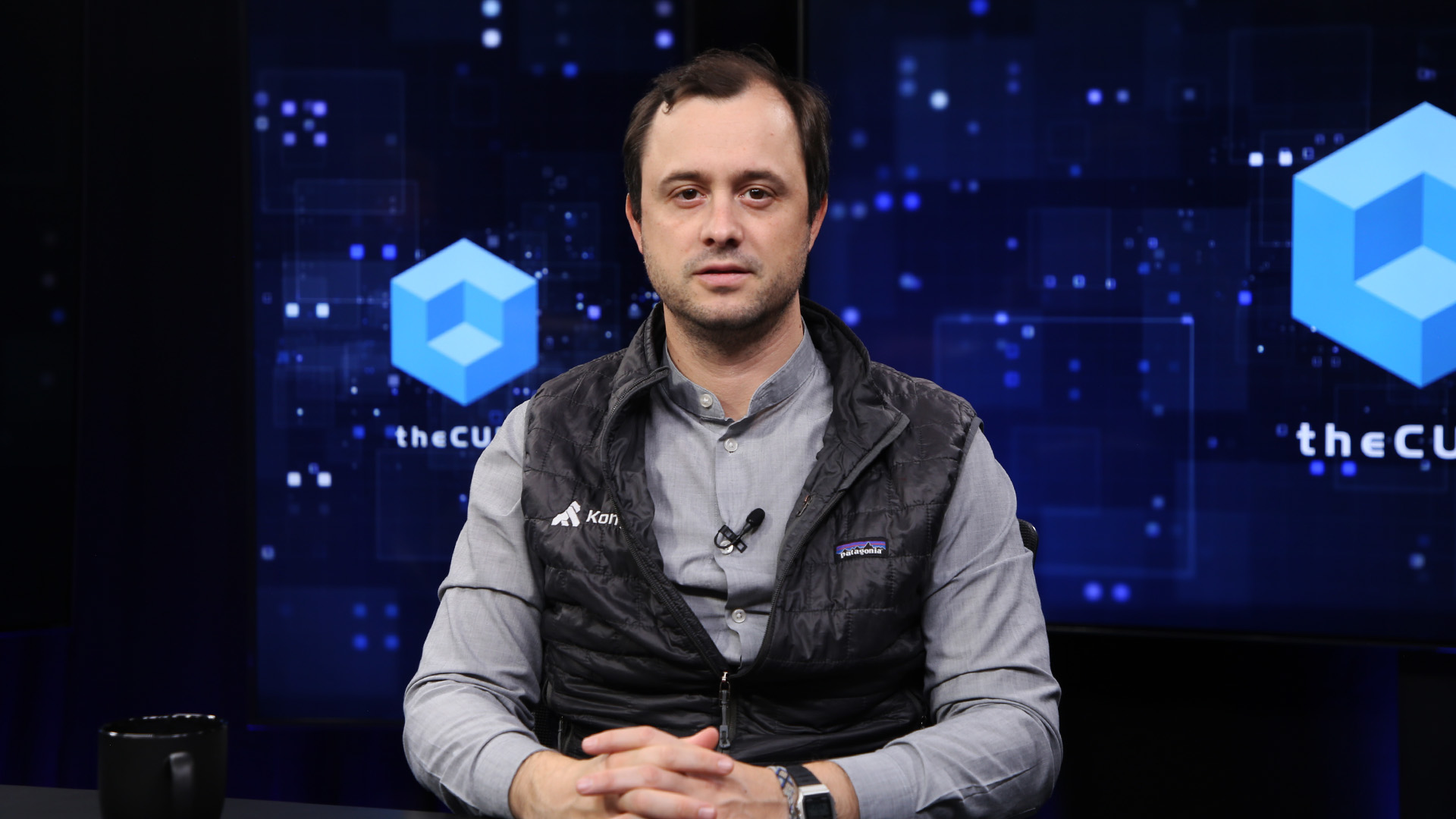 CLOUD
CLOUD
 CLOUD
CLOUD
 CLOUD
CLOUD
In December 2010, Augusto Marietti (pictured) wrote a guest post for SiliconANGLE Media that predicted open application programming interfaces in the cloud would reach “every corner of the internet.” Thirteen years later, time has proven Marietti right.
On Wednesday, cloud API technology developer Kong Inc., announced it had surpassed $100 million in annual recurring revenue. The company sprang from an open-source project in 2015 that was named Kong, which had been incubated inside Mashape Inc., an API marketplace co-founded by Marietti.
“We had this vision that APIs would be a multi-decade transition and they were going to take cloud and enterprise by storm,” said Marietti, who is now co-founder and chief executive officer of Kong Inc. “We knew that APIs were going to be the way software talks.”
Marietti spoke with theCUBE industry analyst John Furrier during an exclusive broadcast on theCUBE, SiliconANGLE Media’s livestreaming studio, and they discussed Kong’s recent success and how AI-driven models will fuel API growth. (* Disclosure below.)
Kong’s most recent milestone was reached, in part, through the growth of Konnect, the company’s unified cloud API platform. In today’s announcement, Kong attributed its growth to a multi-decade shift in how enterprise software platforms are built, a transition from monolithic systems to cloud-native microservices architectures.
“Everything is an API client,” Marietti said. “You are consuming APIs from OpenAI or an on-premises workload or cloud workloads. Even though it’s been here for a decade, I think it’s just beginning.”
A tailwind that may fuel Kong’s continued growth is enterprise interest in generative artificial intelligence. Marietti believes that Kong is well-placed to take advantage of a trend that will see organizations adopt generative AI through the use of tiny language models, or TLMs, that are smaller than large language models and very data specific.
“I think for enterprise, for the API use case, the TLM will go mainstream because every enterprise has their own data,” Marietti said. “On the enterprise side, we are going to have hundreds of open-source TLMs that companies are going to adopt and train their data for their own customer needs. This is where APIs are going to play a huge role. Kong eventually could be the spine in the world by managing and securing all these peripheral APIs.”
Success in the future adoption of generative AI will depend on a combination of data and infrastructure, according to Marietti.
“Data is going to be the secret sauce,” he said. “You’re going to have hundreds of LLMs, thousands of TLMs that are open source, but you’ve got to fuel it. The quality of the output will be based on the fuel. Specific domain data are going to be very powerful.”
For that power to be fully realized, companies will need an infrastructure that can drive the primary deliverables in AI.
“If you look at generative AI, what’s really happening is you’re either getting a bot, you’re getting a co-pilot or you’re getting some predictions on charts,” Marietti said. “AI is an infrastructure problem. What is going to be really game changing in the future on the consumer side? A lot depends on how much progress we make on the infrastructure side, and that specifically means data and compute.”
Here’s theCUBE’s complete video interview with Augusto Marietti:
(* Disclosure: Kong Inc. sponsored this segment of theCUBE. Neither Kong nor other sponsors have editorial control over content on theCUBE or SiliconANGLE.)
Support our mission to keep content open and free by engaging with theCUBE community. Join theCUBE’s Alumni Trust Network, where technology leaders connect, share intelligence and create opportunities.
Founded by tech visionaries John Furrier and Dave Vellante, SiliconANGLE Media has built a dynamic ecosystem of industry-leading digital media brands that reach 15+ million elite tech professionals. Our new proprietary theCUBE AI Video Cloud is breaking ground in audience interaction, leveraging theCUBEai.com neural network to help technology companies make data-driven decisions and stay at the forefront of industry conversations.